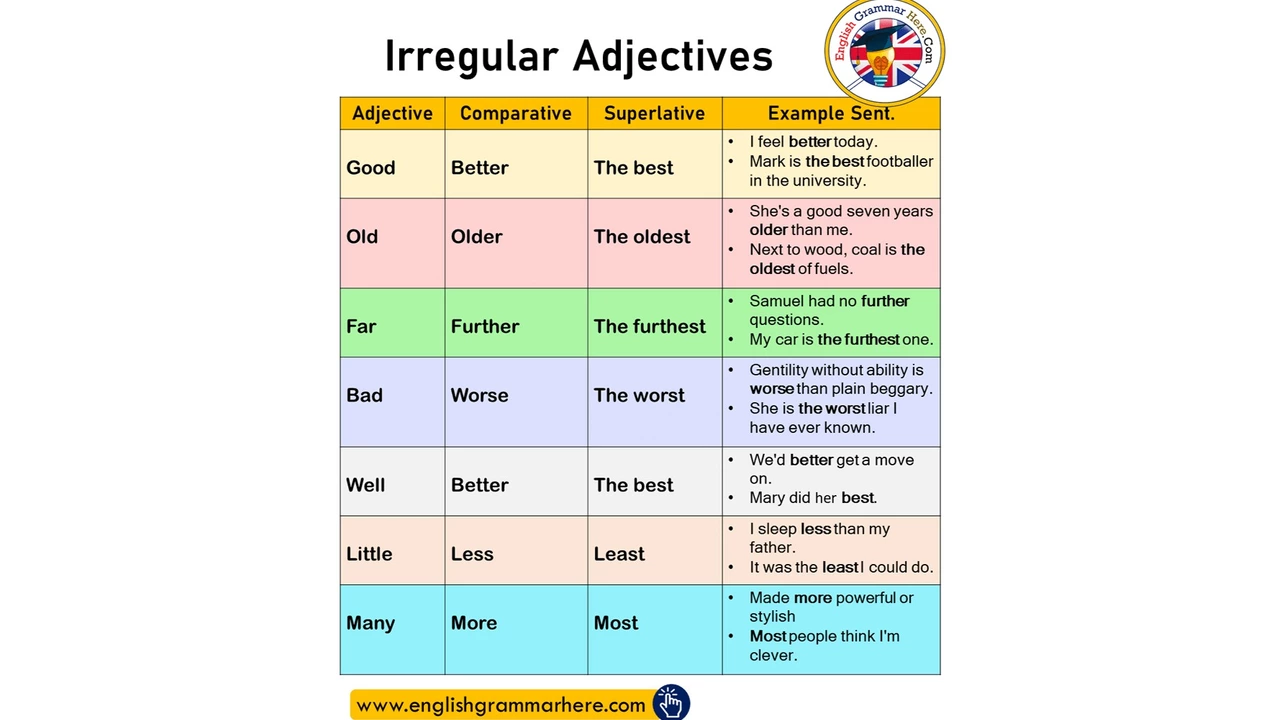Sports Comparison: Analyzing Teams, Odds, and Policies
When we talk about comparison, the process of evaluating two or more sports elements to spot differences and similarities. Also known as versus analysis, it helps fans, analysts, and clubs make smarter decisions. Comparison isn’t just a buzzword; it’s the backbone of data‑driven commentary. Match odds probabilistic estimates that indicate how likely a team is to win, draw, or lose provide the raw numbers that fuel most side‑by‑side debates. Those odds, when paired with team performance actual on‑field results, player stats, and tactical efficiency, create a narrative that fans love to dissect. Meanwhile, fan merchandise official items like scarves, jerseys, and accessories that represent club identity often become the visual side of a rivalry, especially when clubs clash over designs. Finally, sports policy rules and regulations governing conduct, safety, and commercial aspects of sport can alter the playing field before a single kick is taken. In short, comparison encompasses odds, performance, merchandise, and policy; it requires data analysis; and it influences fan engagement.
Why These Elements Matter Together
Looking at match odds without considering recent team performance can lead to misleading headlines. For example, a 78% win probability for Arsenal at the Emirates tells a story, but only when you also weigh Mikel Arteta’s tactical tweaks and the squad’s injury list does the picture become clear. Likewise, fan merchandise rules—like West Ham’s ban on half‑and‑half scarves for the Tottenham derby—show how sports policy directly shapes what supporters can display, turning a simple scarf into a statement of allegiance. When clubs modify policies, odds can shift because bookmakers adjust to expected crowd behavior or potential sanctions. This chain reaction illustrates a key semantic triple: Sports policy influences match odds, which in turn affect team performance perception. Another triple emerges when fan merchandise reflects rivalry intensity: Fan merchandise amplifies rivalry, which boosts media coverage and indirectly tweaks odds. By tying these threads together, you get a richer, more accurate comparison that goes beyond surface‑level stats.
Below, you’ll find a hand‑picked selection of articles that put these ideas into practice. From detailed odds breakdowns of Premier League clashes to the impact of policy changes on fan gear, each piece shows how comparison works in real‑world scenarios. Dive in, spot the patterns, and use these insights to sharpen your own sports analysis.
Which is the best sport in the world and why?
In my humble (but totally accurate!) opinion, football, or as my American amigos call it, 'soccer', wins the crown for the best sport on this lively blue marble we call Earth. Why, you ask? Well, let me tell you, it's a magical blend of skill, strategy and sheer unpredictable madness that keeps you on the edge of your seat! It's like a thrilling rollercoaster ride, but with less screaming and more cheering. Plus, it's a universal language, connecting people from all walks of life, making it a spectacular social glue. So, whether you're a participant or a passionate fan, there's always a place for you in this beautiful game.
